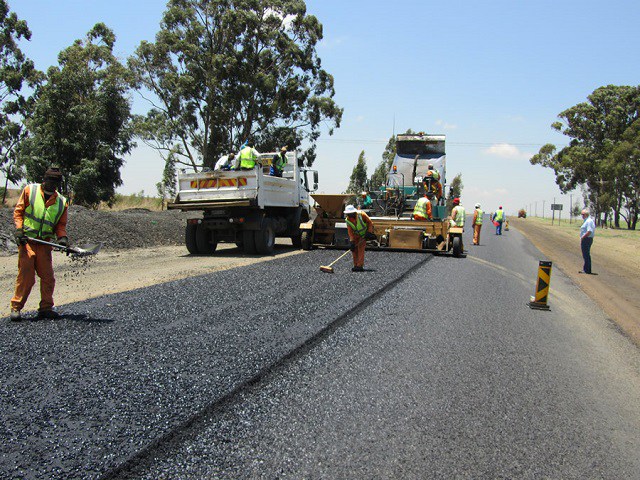‘Infrastructure development will unlock region’s potential’
THERE is an urgent need to beef up energy infrastructure development within the Common Market for Eastern and Southern Africa (Comesa) — Indian Ocean bloc so as to unlock the region’s vast economic potential.
According to Comesa, a 21-member trading grouping, power outages being experienced in the Eastern and Southern Africa-Indian Ocean region continue to negatively affect productivity, leading to Africa losing 12,5 percent of production time compared to seven percent for South Asia.
Recent studies have further shown that many African countries, some of which are in the Eastern and Southern Africa and the Indian Ocean zone, suffer from power shortages and regular interruptions to production time and service delivery, which impacts negatively on their economies.
One of the major reasons behind this trend has been a general lack of adequate regional energy infrastructure.
This makes bridging the energy gap one of the main priorities of the region’s infrastructure development plans as it will reduce the cost of doing business and enhance industrial competitiveness.
The assistant secretary general in charge of programmes for Comesa, Ambassador Kipyego Cheluget, says the region is richly endowed with huge power generation, which has not been fully harnessed.
The situation is exacerbated by inadequate regional infrastructure in energy leading to low levels of competitiveness of the countries in the local, regional and global markets and power shortfalls.
“As economies grow, so does the demand for energy as chronic shortages hold back potential for economic growth,” he said.
“This, underscores the need for new approach as we seek to craft strategies to increase the implementation of power projects in both generation and transmission.”
Ambassador Cheluget was speaking during the sixth technical steering committee of the project on enhancement of sustainable regional energy markets for eastern Africa, southern Africa and the Indian Ocean meeting on Tuesday.
He stressed the need for more generation capacity and optimisation of the general system losses of electricity, which is currently higher than average of 12 percent.
One of the proposals made to the meeting was the need for countries to secure their energy sources by tapping into indigenous resources so that the region is not dependent upon imports of fuel to light its cities and power growth. Currently, there are several oil and gas exploration activities in some of the regional states, which governments and private sector can invest in infrastructure such as transmission inter-connectors and pipelines. Participants to the meeting represented regional economic communities, association of energy regulators, power pools, regional centres for renewable energy and energy efficiency, the European delegation to Zambia and Comesa.-herald










